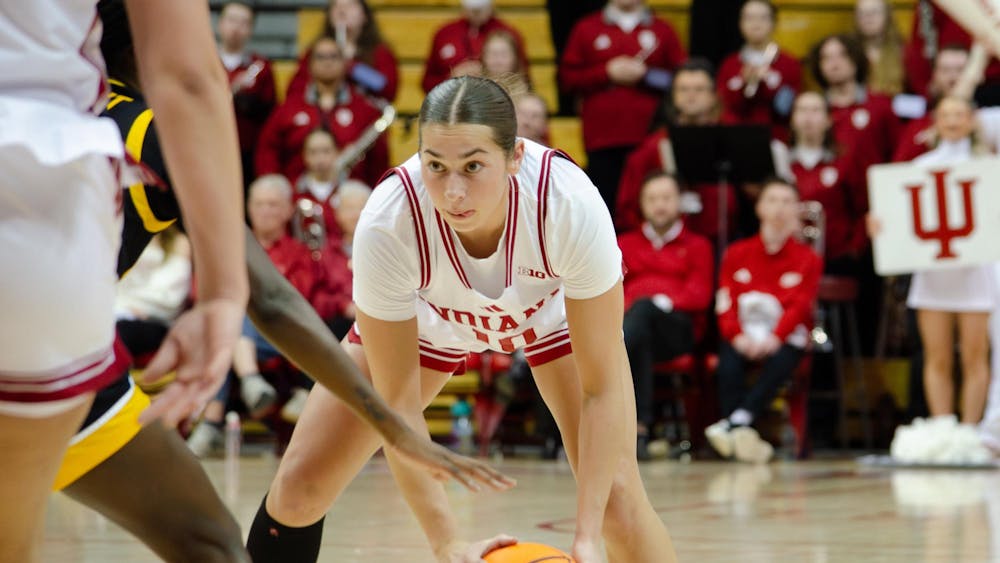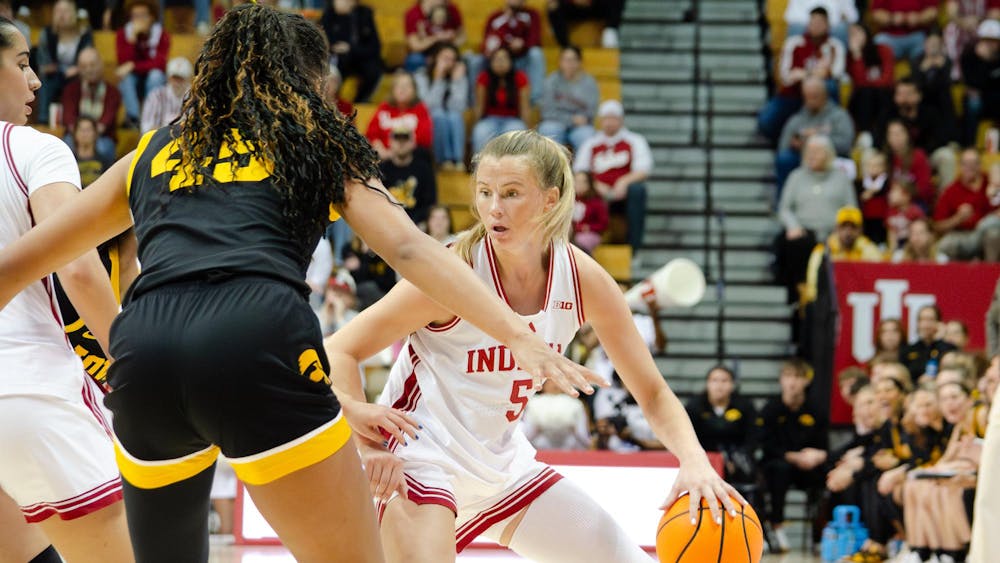Places where gay couples can feel comfortable hearing the results of a test for HIV or other sexually transmitted diseases with a significant other are hard to come by.
That’s why Testing Together, a program designed for gay male couples to take HIV tests together, was created.
However, sites for Testing Together exist in only two cities in the country, Chicago and Atlanta, due to funding shortages.
The two sites in Chicago, Broadway Youth Center and Howard Brown Health Center, have tested 33 couples since the program was implemented.
HIV tests in Bloomington are offered at several clinics. Planned Parenthood’s downtown location recently cut its prices in half to $12.50 per test. The Futures Family Planning Clinic charges HIV tests on a sliding fee scale. For a person making $20,000 annually, tests are only $7.50.
But it’s not cost that concerns most patients, especially gay male couples, taking HIV tests. Some say gay men, or anyone within the gay community, might feel judged for walking into a public health clinic, said Doug Bauder, coordinator of Gay, Lesbian, Bisexual and Transgender Student Support Services.
“Gay men don’t have access themselves to these services because of discrimination,” Bauder said. “People don’t want to go to the health center.”
This is why GLBT SSS has free HIV and hepatitis testing from 11 a.m. to 2 p.m. every Thursday.
MSM persons — men who have sex with men — can receive free syphilis
testing as well.
The testing services, which began in August 2010, are offered by Positive Link, a coordination site with IU Health-Bloomington Hospital for people living with HIV/AIDS.
At Testing Together, if either partner tests positive, a counselor sits down with the couple to discuss alternatives for how to deal with HIV.
“The idea is that the couple will be taught healthy communication skills, which they can continue to utilize in their relationship after leaving the testing appointment,” said Emily Brinegar, a prevention coordinator at Positive Link.
“This skill set is not something you are necessarily going to find in a health department setting or through a private physician,” she said.
When one partner tests HIV negative, the rate of the transmission of the disease is cut by more than half, according to a Jan. 18 Associated Press report.
Senior Caleb Kurowski said he thinks the program has the potential to be a
valuable source.
“I think it’s good to offer something like that for couples,” he said. “It would be good for them to aim the program at heterosexual couples as well.”
Kurowski said there is a stigma that gay men are more likely to contract sexually transmitted diseases.
“There are people who are normal just like anyone else,” he said. “It’s not like we have particular diseases or anything like that.”
Brinegar said one of the reasons gay men might be more likely to contract HIV is a lack of culturally competent education but that “men who have sex with men are less likely to seek testing and treatment for sexually transmitted infections.”
As a result, programs such as Testing Together could be beneficial for gay men with these concerns, she said.
“The benefit of this type of counseling is that each partner is able to talk about these issues with a counselor who is trained to foster a conversation with the couple regarding sexual behaviors, risks and relationship dynamics,” Brinegar said.
HIV testing sites for couples prove difficult to find
Get stories like this in your inbox
Subscribe





